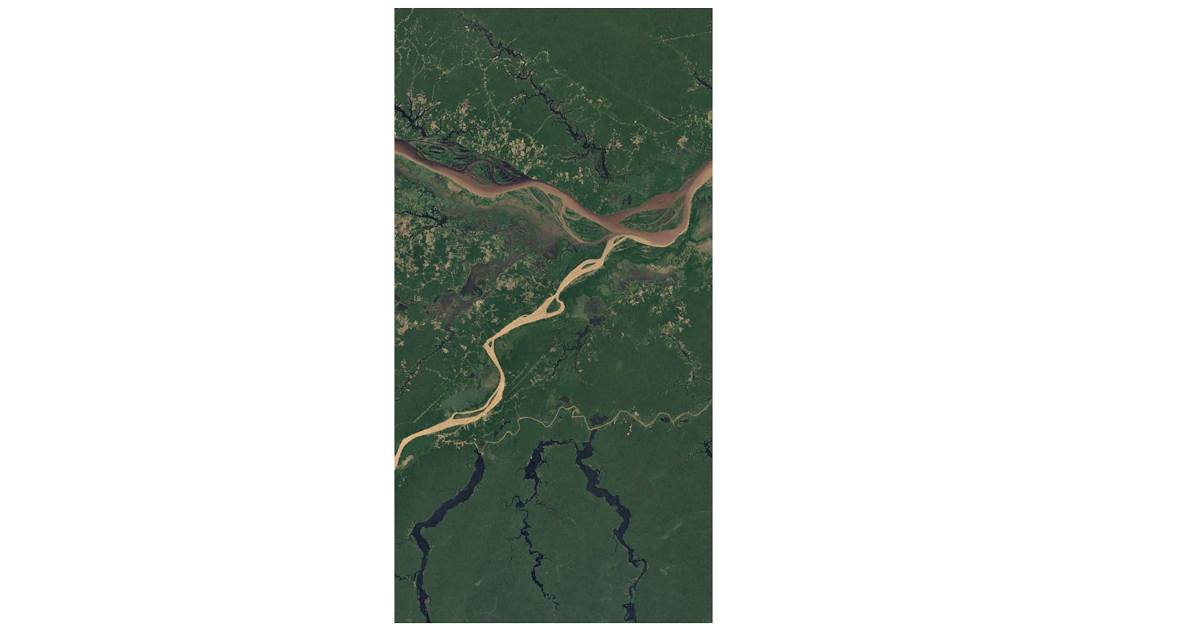Application of New Technology in Water Mapping and Change Analysis
A special issue of Water (ISSN 2073-4441). This special issue belongs to the section "New Sensors, New Technologies and Machine Learning in Water Sciences".
Deadline for manuscript submissions: closed (20 December 2024) | Viewed by 964

Special Issue Editors
Interests: remote sensing; water mapping; wetland mapping; change analysis; machine learning; classification; google earth engine; landsat; sentinel
Special Issues, Collections and Topics in MDPI journals
Special Issue Information
Dear Colleagues,
Water resources are essential for human societies, environments, and various species. Water systems, including lakes, rivers, ponds, groundwater, wetlands, glaciers, etc., are being stressed and modified by both natural and anthropogenic drivers. Droughts affect the availability of water resources. Floods alter the water systems and cause economic losses. Moreover, continuous global population growth stresses water systems due to its increasing water demand for drinking and sanitation, crop irrigation, and energy production. It is critical to map current water resources, detect changes in water systems, and analyze the driving factors behind these changes.
Thanks to advancements in satellite imagery (Landsat, Sentinel, MODIS, GRACE, NAIP, RADARSAT, etc.) and cutting-edge algorithms (machine learning, deep learning, cloud computing, etc.), scientists can now map and monitor water resources and their changes with a much greater accuracy, providing valuable insights for water resource management.
This Special Issue aims to compile research concerning various aspects of mapping and the change analysis of water resources. Potential research topics include, but are not limited to, the following:
- Developing methods for mapping and monitoring the surface water extent and volume using different remote sensing data (e.g., optical, SAR, LiDAR, GRACE, UAV) to assess water availability.
- Utilizing machine learning and artificial intelligence techniques to analyze large volumes of remote sensing data and extract meaningful information about water bodies.
- Investigating the relationship between extreme weather events (floods, droughts) and water body dynamics using remote sensing data and precipitation estimates.
- Combining remote sensing data with ground-based measurements (e.g., water quality sensors, water level gauges) to develop robust and validated water monitoring systems.
- Developing algorithms to detect and map water pollutants (e.g., algal blooms, oil spills, and sediment loads) using satellite imagery (e.g., Landsat, Sentinel, MODIS) and spectral analyses.
- Monitoring glacier retreat and snowpack changes over time using remote sensing data to understand the impact of climate change on freshwater resources.
Dr. Zhenhua Zou
Dr. Yan Zhou
Guest Editors
Manuscript Submission Information
Manuscripts should be submitted online at www.mdpi.com by registering and logging in to this website. Once you are registered, click here to go to the submission form. Manuscripts can be submitted until the deadline. All submissions that pass pre-check are peer-reviewed. Accepted papers will be published continuously in the journal (as soon as accepted) and will be listed together on the special issue website. Research articles, review articles as well as short communications are invited. For planned papers, a title and short abstract (about 100 words) can be sent to the Editorial Office for announcement on this website.
Submitted manuscripts should not have been published previously, nor be under consideration for publication elsewhere (except conference proceedings papers). All manuscripts are thoroughly refereed through a single-blind peer-review process. A guide for authors and other relevant information for submission of manuscripts is available on the Instructions for Authors page. Water is an international peer-reviewed open access semimonthly journal published by MDPI.
Please visit the Instructions for Authors page before submitting a manuscript. The Article Processing Charge (APC) for publication in this open access journal is 2600 CHF (Swiss Francs). Submitted papers should be well formatted and use good English. Authors may use MDPI's English editing service prior to publication or during author revisions.
Keywords
- water extent
- water volume
- water quality
- groundwater
- mapping
- change analysis
- drought
- flood
- remote sensing
- big data
- machine learning
- deep learning
- advanced computing
Benefits of Publishing in a Special Issue
- Ease of navigation: Grouping papers by topic helps scholars navigate broad scope journals more efficiently.
- Greater discoverability: Special Issues support the reach and impact of scientific research. Articles in Special Issues are more discoverable and cited more frequently.
- Expansion of research network: Special Issues facilitate connections among authors, fostering scientific collaborations.
- External promotion: Articles in Special Issues are often promoted through the journal's social media, increasing their visibility.
- e-Book format: Special Issues with more than 10 articles can be published as dedicated e-books, ensuring wide and rapid dissemination.
Further information on MDPI's Special Issue policies can be found here.






